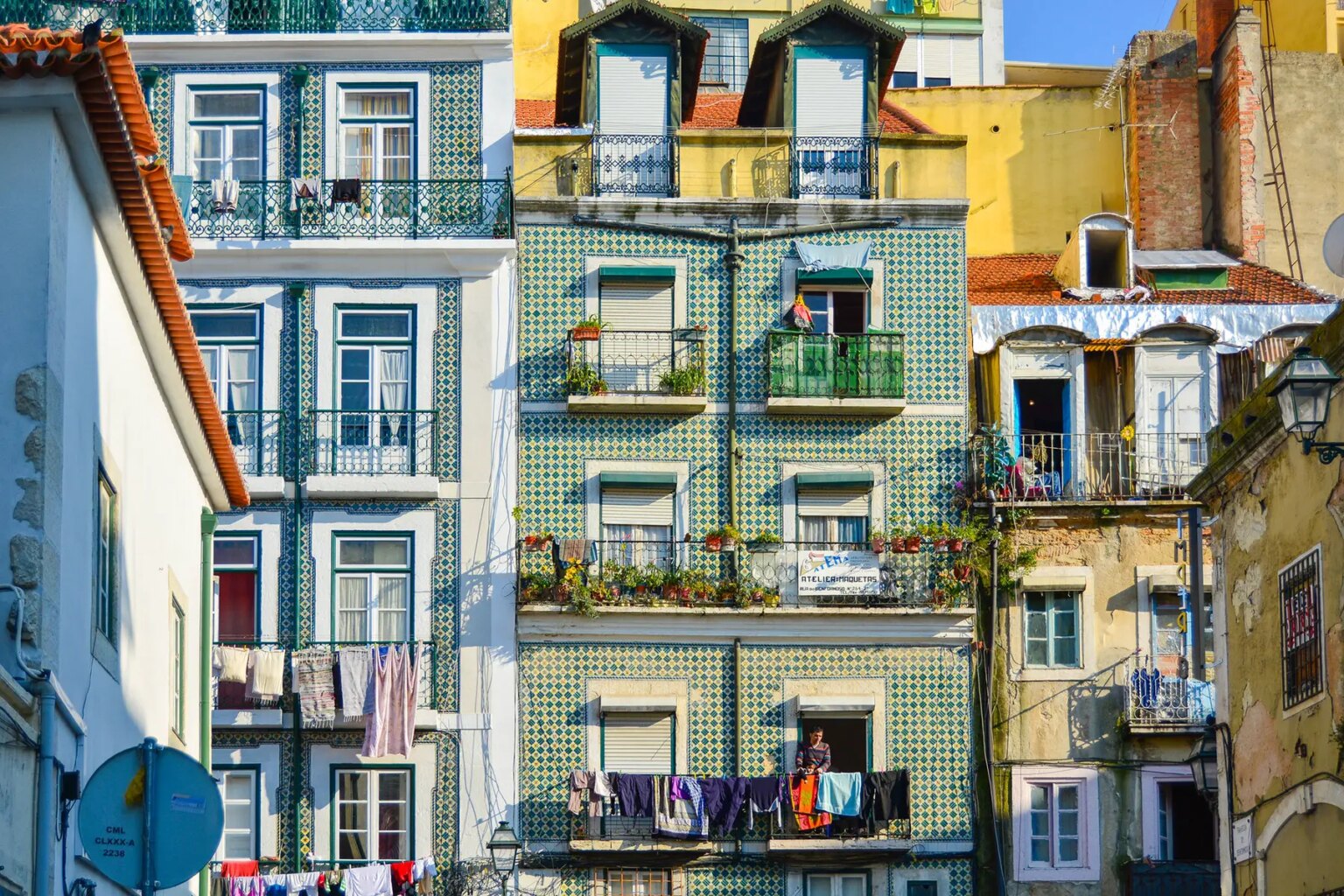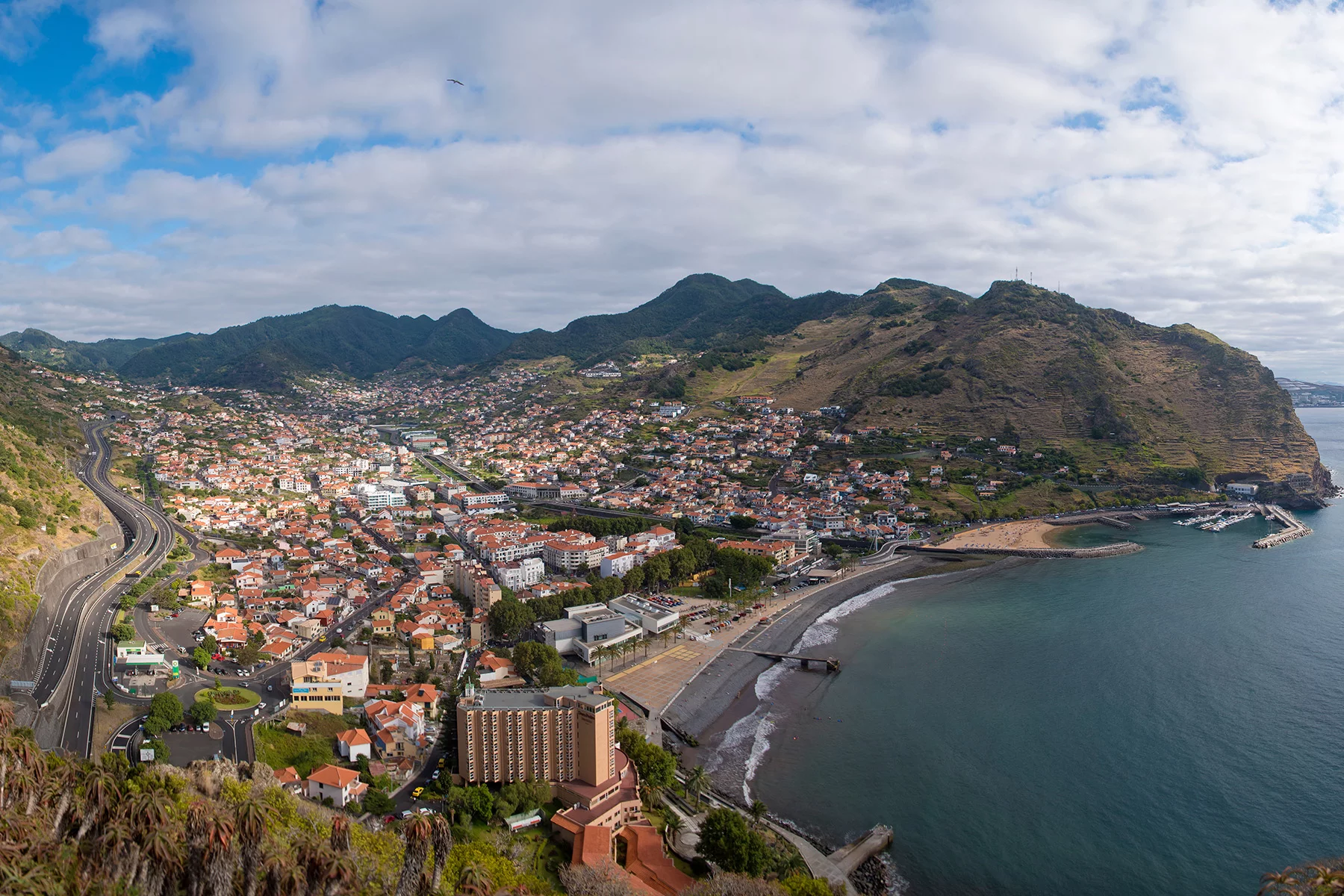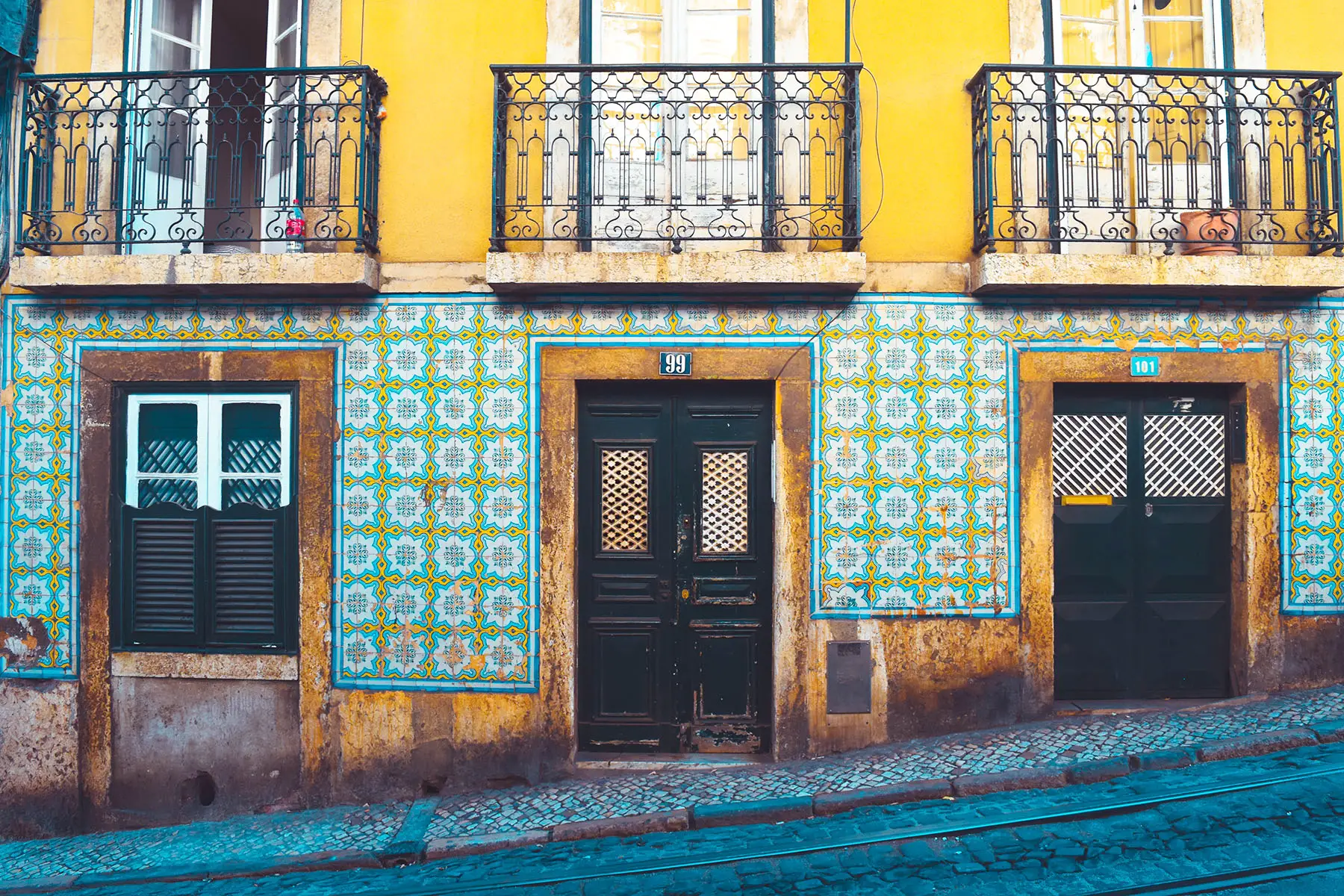If you are planning on moving to Portugal, then searching for a new home will likely be one of the first things on your to-do list. And fortunately, the sunny country offers plenty of options, wherever you choose to live. From secluded countryside estates to beautiful beachside villas and modern-day city apartments, there is something to suit all tastes. However, when looking at property, you will also need to decide if you would like to buy or rent as the markets are different. You may also need to look into the local housing laws, especially if you decide to build your own home.
So to help you make up your mind, this article outlines everything you need to know about housing in Portugal, including the following:
- An overview of housing in Portugal
- The housing market in Portugal
- Housing laws and regulations
- Buying or renting in Portugal?
- Renting in Portugal
- Buying a home in Portugal
- Affordable housing in Portugal
- Sustainable housing in Portugal
- Mortgages in Portugal
- Selling a home in Portugal
- Building a home in Portugal
- Useful resources
Spotahome
Looking for somewhere to rent in Portugal? Spotahome takes the hassle out of househunting by doing the hard work for you. Their online platform lets you find, view, and book rental properties all from the comfort of your own home. Take the stress out of househunting in Portugal with Spotahome.
An overview of housing in Portugal
Most people in Portugal choose to buy a house. Indeed, the rate of ownership in the country rose from 73.9% in 2019 to 77.3% in 2020. Of course, there are other options to consider, including renting, social housing, or even building a home.
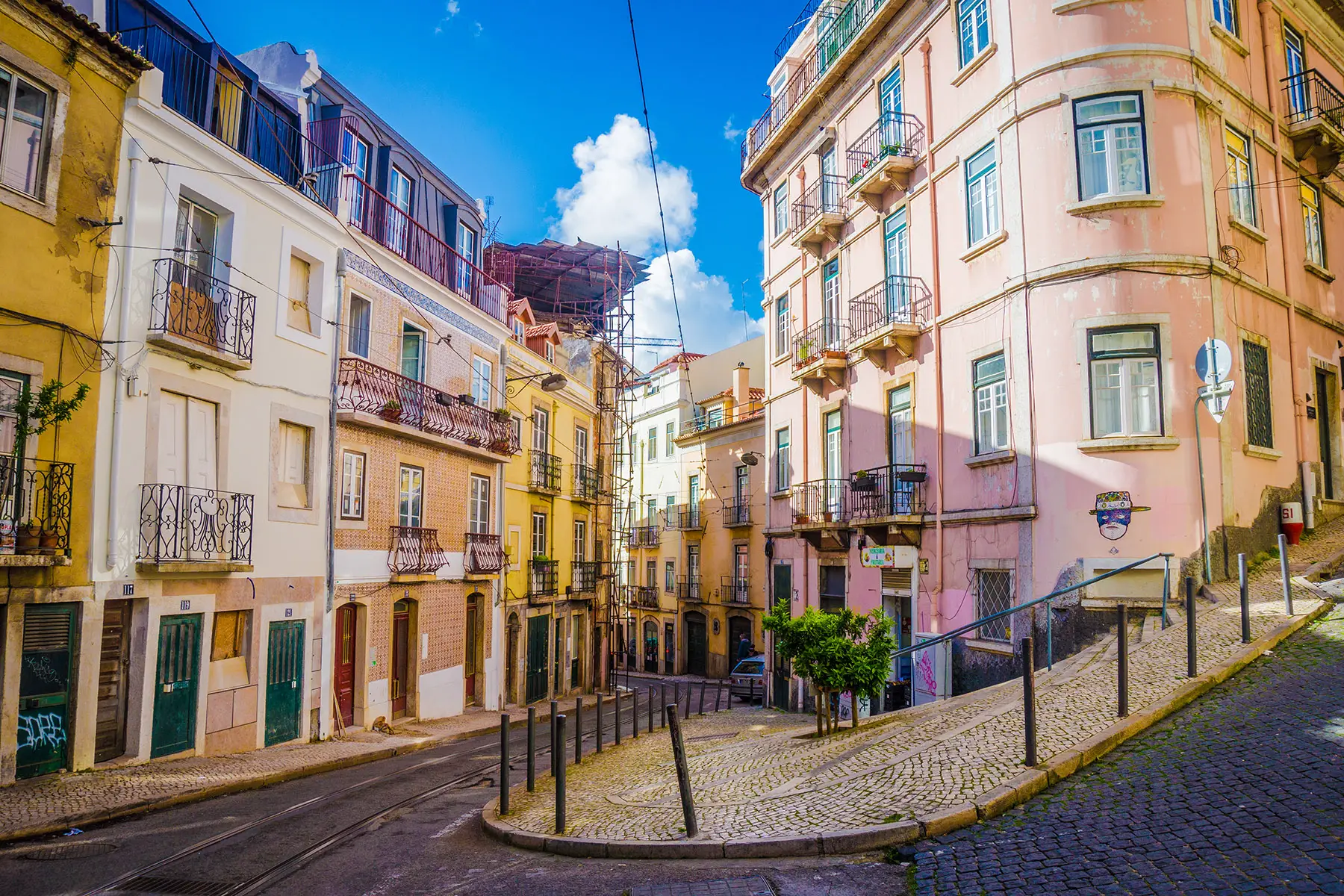
Whether you decide to buy or rent, the types of property on offer will usually depend on the region. For example, apartment complexes are plentiful in Lisbon, while the Algarve region is known for its picturesque seaside homes. Generally speaking, older expats also prefer to settle down in the countryside or near a beach, while younger residents tend to opt for a city apartment. Of course, the opposite can also happen.
Many houses in Portugal are also dated and require renovations. For instance, older homes may need double-glazed windows or central heating to stay at a reasonable temperature; even though the country has a Mediterranean climate and remains relatively mild during the winter.
The housing market in Portugal
House prices in Portugal are slightly below the EU average, but still higher than in countries like Slovenia and Malta. In 2022, a new house in Portugal costs an average of €2,352 per square meter. Generally speaking, prices have steadily increased over the years with properties in Lisbon reaching around €3,797 per square meter and those in Faro – the gateway to Algarve – costing up to €2,685.
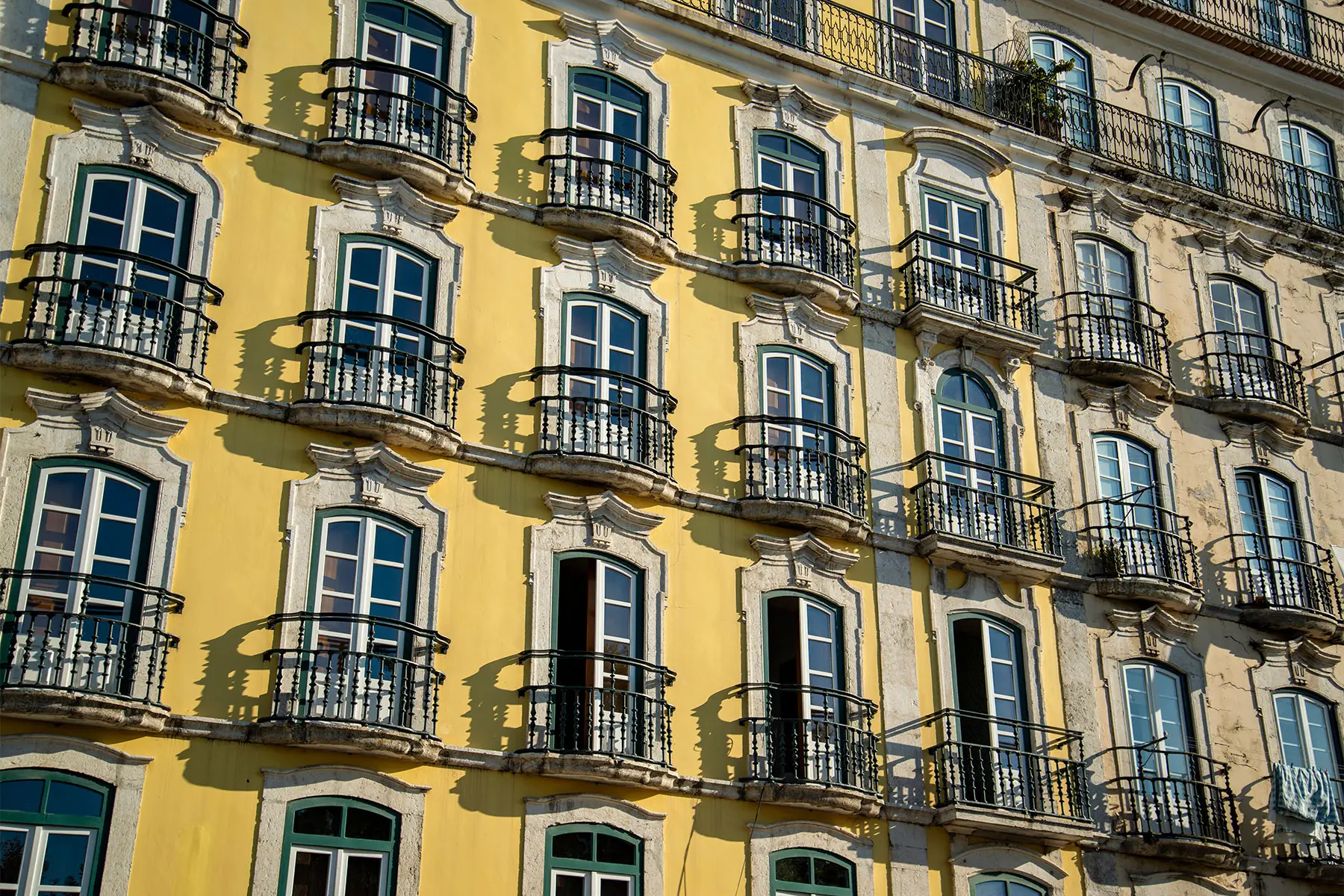
In contrast, rental prices are declining and stood at €11 per square meter in 2022. Naturally, Lisbon remains the most expensive place to rent in Portugal, at about €13.1 a square meter, while properties in the Alentejo, for instance, are around €7.4 per square meter.
Housing laws and regulations
You don’t have to be a resident to buy a house in Portugal. However, you will need to apply for the Personal Fiscal Number (Número Fiscal de Contribuinte, or NIF) to purchase a property. The same applies to renting, although there are alternatives for short-term accommodations that don’t require this. Social housing is also available for locals and foreigners who have a permanent residence card.
Housing laws in Portugal are relatively tenant-friendly. In theory, rental leases should have a minimum length of one year. After that, the landlord should renew the contract for three years unless otherwise stated.
Rental laws in Portugal
If you are planning to rent a property in Portugal, then you should understand your rights and responsibilities as a tenant. Generally speaking, a rental contract is automatically renewed unless one of the parties terminates it. If you decide to move, you also need to give a minimum notice of at least two months.

As a landlord, you are allowed to give notice or terminate a rental contract if, for instance, you need a place to live or if the property needs renovations. Notably, any contract changes should be in writing and approved by both sides.
Property purchase and building laws in Portugal
Non-EU citizens can obtain a five-year residency permit when buying a property that is worth at least €500,000 through the Portuguese Golden Visa program. However, the minimum value will vary according to the region.
If you are looking to build a house or need to renovate your home in Portugal, you should look at local planning laws. Before you purchase any land, you should also ensure that you are allowed to build there.
Once the land is in your name, you must present your housing project to the local council for approval. The process will then go through several stages until you receive a license to build (licença de obras). You may also require the council’s approval for big renovation projects or a property extension.
Buying or renting in Portugal?
Buying a house in Portugal can be a good investment, especially if you plan to live there permanently. You will also have more freedom to design your space according to your taste. That said, naturally, one of the cons is that it requires a high upfront payment.

Renting a home has its benefits too. For instance, you don’t need a huge deposit upfront, and you can choose a property that is ready to move into. However, you will still need to go through a landlord for most house fixes.
Renting in Portugal
Rental leases in Portugal currently have a minimum duration of one year. As a tenant, you can expect to pay advance rent (renda antecipada) which covers at least three months. The landlord may also require a security deposit (caução). The value will be agreed upon between both parties when signing the contract.
In Portugal, you can rent directly with the property owner or through a real estate agent. An agent will usually charge a commission which is typically one or two months’ rent.
You can use the following online portals to search for properties in Portugal:
- Casa Sapo
- HousingAnywhere
- Idealista
- Imovirtual
- Spotahome
- Real Estate websites such as Remax, ERA, and Engel & Völkers
There are many rental options in Portugal, including rooms, apartments, and houses. Rent usually doesn’t cover utilities, but you can confirm this with the owner before signing the contract.
Social housing in Portugal
Portugal provides social housing (habitação social) for long-time residents. These initiatives are open to individuals and families who are living in poor conditions or have low incomes, as well as young students who need support to pay their rent.
The Instituto da Habilitação e da Reabilitação Urbana (IHRU) is the public entity responsible for managing social housing in Portugal. Anyone can apply for rental aid (arrendamento apoiado) as long as they have permanent residence. The process can be done online through the Portal da Habitação. Naturally, the approval time will vary depending on the properties that are available in your chosen council.
Renting out your property
Letting out a property can be a good source of passive income. However, due to the increase in tourist properties, some cities, such as Lisbon and Porto, are restricting the number of short-term rentals on offer to ensure that there is enough housing for the local residents.

To register your property as a holiday rental, you must request a permit and pass the safety requirements. You also need to pay a tourist tax – which guests will be asked to pay – which will vary according to your location.
Notably, if you decide to rent out your property for a longer period of time, you will have more obligations such as registering a lease. While you can handle both processes alone, it’s much easier to go through a letting agency.
Buying a home in Portugal
If you plan on buying a home in Portugal, you should start by searching the local property sites such as Imovirtual, Idealista, and Casa Sapo. Just keep in mind that if you don’t speak Portuguese, it will be difficult to contact the owners directly. As such, it is often easier to reach out to a local estate agent. Some popular real estate websites include Remax, ERA, and Engel & Völkers.
Once you find your ideal home and the owner accepts your offer, you should sign a promissory contract. You will also need to make an initial deposit of around 10%. However, it is important to be aware that should you change your mind, you will lose your deposit. Conversely, if the owner withdraws, they must repay you twice the amount of the deposit. Assuming everything is in order, though, you can arrange to sign the final deed (escritura) at a local registry office. The whole process can take between one and three months.
Below are a few costs you can expect to pay when buying a home in Portugal:
- Municipal Property Transfer Tax (IMT) – between 0% and 8% depending on the property, value, location, and purpose (e.g., temporary versus permanent residence)
- Municipal Property Tax (IMI) – between 0.3% and 0.8% of the value of the tax asset, which is paid yearly (exemptions available)
- Stamp duty (IS) – 0.8% of the property price
- Registration duty – around €500, depending on where you register the property (e.g., Casa Pronta counters, through a notary, or a lawyer)
- Home insurance (optional) – basic policies start at €80 a year and multi-risk policies at €100
Affordable housing in Portugal
The Portuguese government has created a few schemes for affordable housing, particularly in the rental market. For instance, the Programa de Arrendamento Acessível (PAA) encourages owners to rent their property affordably in exchange for tax exemptions. On the other end of the scale, tenants can find a home compatible with their earnings. Students can also claim social housing, even if they don’t have personal income, as long as they can assign a person to cover their rent.
Sustainable housing in Portugal
Sustainable houses (casas sustentáveis) or passive houses (casas passivas) are a relatively new concept in Portugal. The Programa de Apoio a Edifícios Mais Sustentáveis provides reimburses to property owners that have made their homes more sustainable.
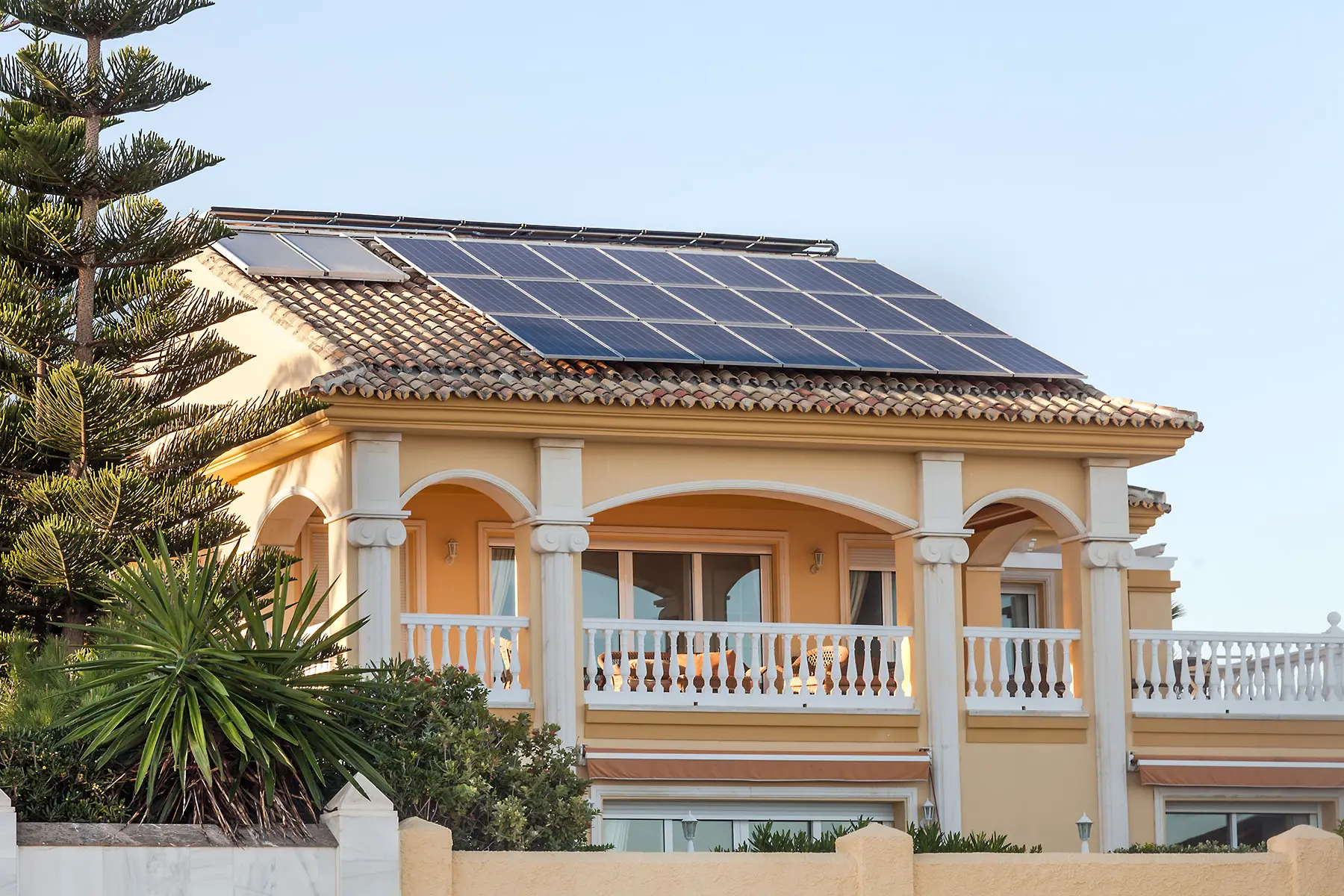
These changes may include improving the home’s energy efficiency or installing renewable energy sources such as solar panels. However, you will need to make the changes first and pay from your own pocket before applying for the support. Importantly, you must also hire a certified company to do the work.
Mortgages in Portugal
The mortgage interest rate in Europe is declining, and Portugal is no exception. Indeed, the interest rate reached 0.67% in the second quarter of 2021, which was the lowest recorded rate since 2013.
Both residents and non-residents can apply for a mortgage in Portugal. However, the conditions for non-residents tend to be stricter, and the loan percentage is usually lower. For example, a permanent resident in Portugal can get up to 90% of the property value, while non-residents only receive a maximum of 80%.
Variable-rate mortgages are generally the most popular in Portugal. However, it is also possible to choose a fixed rate or a combination of both. These usually run between 25 and 30 years. You can get a mortgage at any Portuguese bank, however, it is advisable to compare offers before deciding on an institution.
Selling a home in Portugal
The process for selling a home in Portugal is relatively similar to buying it. Essentially, you can sell the property directly to an individual or contact a real estate agent to manage this for you.
If you decide to do it yourself, you will need to research the local housing market to access the value of your home. Alternatively, you can contact a surveyor for a fee. Once you decide on a price, you will need to post your offer online along with photographs and details of the property.
Below are some of the costs you can expect to pay when selling your home in Portugal:
- Surveyor – around €300 (usually included in the estate agents commission)
- Estate agent’s fee – between 5% and 8% of the property value
- Energy certificate (certificado energético) – €150 to €250
- Land registry (certidão predial) – €30
- Property registry (caderneta predial) – €10 or free online
Building a home in Portugal
While it is easier to buy a turn-key property in Portugal, some people prefer to build or renovate a home. However, this can be a time-consuming project, especially considering the strict building restrictions.

Generally, online portals and real estate websites are good places to search for land (terreno). If you are planning on building a home, you can expect to pay between €50,000 and €200,000. Of course, the final cost will depend on several factors, including the dimensions of the house, the materials you choose, and contractor fees.
Before you purchase any land, you will need to make sure that you are allowed to build there. Additionally, you should verify that the area has access to basic infrastructures such as water and electricity. Once you receive the building permit, you can start hiring contractors.
Useful resources
- ePortugal – provides information on purchasing or selling a property in Portugal for European citizens
- Portal da Habitação (in Portuguese) – a platform that allows you to apply for affordable and social housing initiatives
- Simulador IMT – a price simulator for the Municipal Property Transfer Tax
- Simulador IMI – a price simulator for Municipal Property Tax
